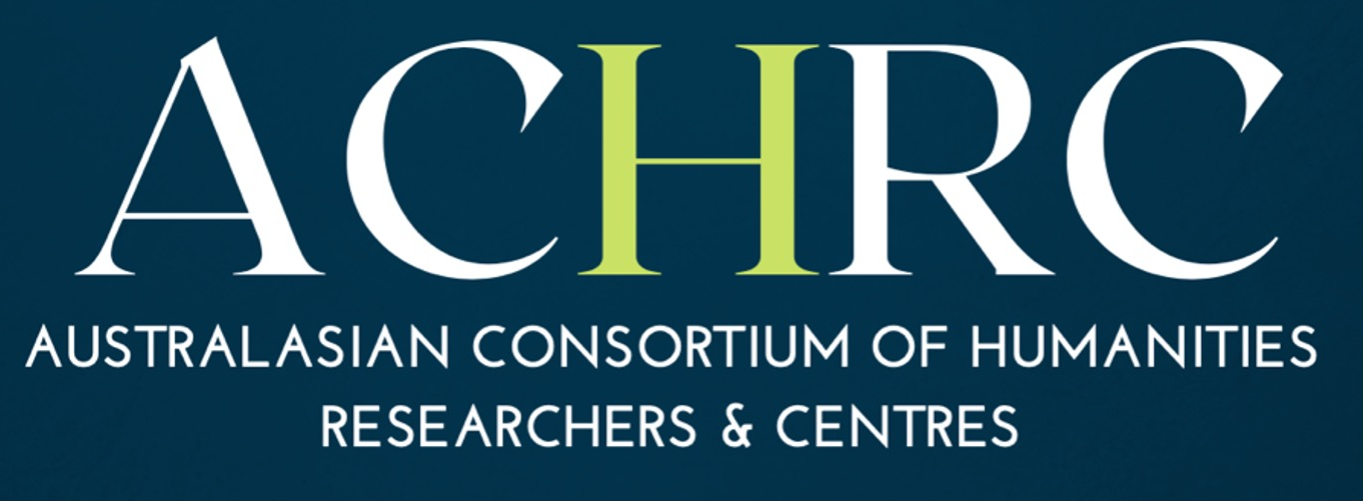The Australasian Consortium of Humanities Research Centres has today addressed a letter to Hon. Dan Tehan, the Australian Minister for Education, calling on the Minister to recognise that the Government’s proposed changes to university fee structures will stifle equitable access to higher education in Australia by pricing students out of the market, and consequently “impoverish humanities research”.
The letter reads:
The Hon. Mr Dan Tehan,
Federal Minister for Education,
Parliament House,
CANBERRA.
24 June 2020
Dear Mr Tehan,
I write on behalf of the Advisory Board of the Australasian Consortium of Humanities Research Centres to protest against the Australian Government’s declaration of the irrelevance of the humanities by projecting prohibitive fee increases for humanities courses at the nation’s universities. Indeed, as Minister for Education, you are actually legislating to ensure their irrelevance, openly asking potential humanities students either to think again if they want a proper job, or (if they stubbornly persist) to shoulder the burden of the nation’s recovery from COVID-19. The government’s new university fee scheme may be designed to “incentivise students to make more job-relevant choices, that lead to more job-ready graduates, by reducing the student contribution in areas of expected employment growth and demand”. But it is also designed to disincentivise students from making what the government considers ‘job-irrelevant’ choices, by drastically increasing the student contribution in other areas, like the humanities, where the knowledge and skills acquired are assumed to be irrelevant to the new work force. “Universities must teach the skills needed to succeed in the jobs of the future”, you declare self-evidently, though how far the mission of the university should be limited to vocational training is a moot point. Even if it were the case, however, the humanities do teach the skills required to succeed in the jobs of the future and should not be used to cross-subsidise science, health, architecture, IT, and engineering.
More egregiously, the changes you have announced will disproportionately impact the under-privileged – working people, mature-age students, and people in minority groups, like Indigenous students and students from migrant backgrounds; first-in-family students – making the study of history, society, and culture an elitist pursuit, out of reach of all but the wealthy. It is unlikely that humanities subjects at the Group of Eight universities will experience a dramatic falling off in demand, but in other universities, especially in the regions, such a policy will no doubt radically reconfigure the choices available to potential students. It is not enough to suggest, as you do, that under the new regime “Students will have the freedom to choose what they want to study”, when you have priced what they want to study out of the market.
Clearly, recognising the importance of the humanities to all areas of society, including or especially to the corporate world, has never been more urgent. In making your decision, you invoke the authority of “key leaders from the [Education] sector and industry”. But this advice is directly contradicted by the findings of reports like the University of Oxford’s Humanities Graduates and the British Economy: The Hidden Impact (Kreager, 2013), the Australian Academy of the Humanity’s Mapping the Humanities, Arts, and Social Sciences in Australia (Turner and Brass, 2014), and Deloitte Access Economics’ The Value of the Humanities for Macquarie University (2017). Since these reports were published, the skills provided by the humanities and the social sciences have only become more important, and are likely to become increasingly so to a future economy and society in which many of the jobs projected in the Minister’s policy speech have been taken over by intelligent machines.
Studying the humanities equips students with valuable skills in advanced analysis and interpretation, creative problem solving, effective communication, and the ability to construct reasoned arguments and to question assumptions. The biggest challenges facing us today will only be solved by building trust, finding a shared language, navigating ambiguity, understanding how human ecosystems work, and creating compelling visions of the future. It is flexible and creative thinking around complex problems in a context of dialogue and collaborative investigation that best feeds enterprise and innovation. We need to understand this, and to conceive and structure our educational offerings accordingly, allowing a generous mixture of the humanities to give the STEM disciplines that you privilege (science, technology, engineering, mathematics) a much richer soil – socially, ethically, intellectually, imaginatively – in which to flourish. The most successful companies, even or especially the new tech companies, thrive by bringing together the humanities with science and technology.
The Board of the Australasian Consortium of Humanities Research Centres calls on you as Minister for Education to provide equitable access to higher education for all people, regardless of what they choose to study, and opposes these fee increases on the grounds that they will impose a greater burden on aspiring humanities students of the next generation. Reducing the demand for humanities subjects will also threaten the livelihoods of early career humanities scholars who have already suffered most from the cutbacks forced on the universities by COVID-19 and the government’s unwillingness to offer emergency resources. This in turn will impoverish humanities research and the strength, innovation, and contribution to Australian society made by humanities researchers. By prohibiting access to the humanities, these initiatives are destined to lead to a significant dearth of knowledge and expertise and a stifling of diverse voices at a time in the near future when Australia is most in need of them.
Sincerely,
Professor Will Christie, BA (Syd), DPhil (Oxf), FAHA
Director, Australasian Consortium of Humanities Research Centres (on behalf of the ACHRC Advisory Board)
Media Enquiries
Katie Cox, ACHRC Research Manager

